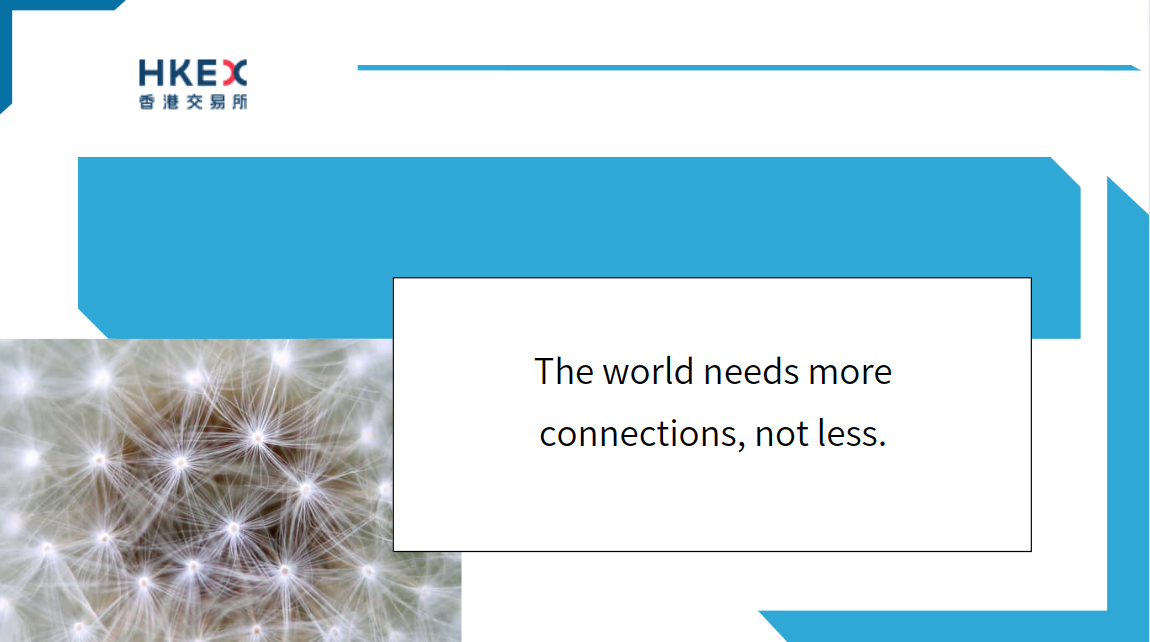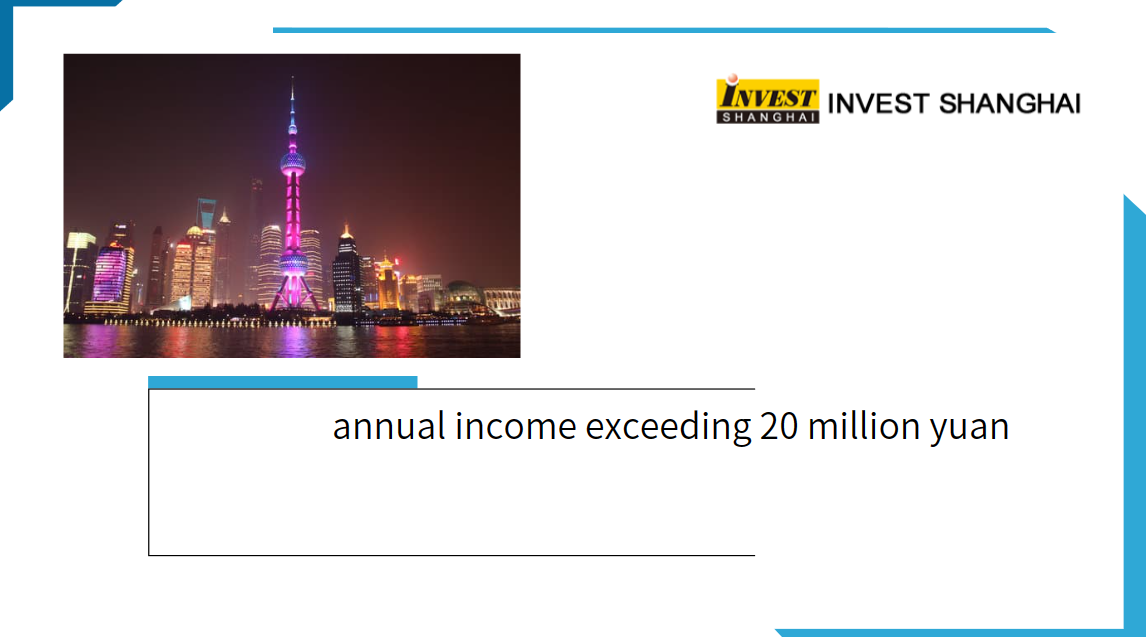AIIB official confident of tapping project funds
The Asian Infrastructure Investment Bank is confident that it will access resources provided by the China International Development Cooperation Agency to support the Beijing-based multilateral development bank's sustainable infrastructure projects over the coming one or two years.
The AIIB and CIDCA — a Chinese governmental agency aimed at formulating plans and policies for foreign aid — signed a memorandum of understanding on Monday to jointly accelerate the attainment of the United Nations Sustainable Development Goals. According to the MoU, the two institutions will provide cofinancing for projects in the areas of climate change, digital infrastructure and connectivity.
"I would anticipate that from this MoU signing on Monday, we will move very quickly to utilizing some of CIDCA's resources to support projects within the next year or two," Danny Alexander, vice-president for policy and strategy at the AIIB.
The bank will utilize some of CIDCA's grants for technical assistance or blended financing to accomplish more and better projects, especially for its lowest-income members, Alexander said, adding that there are already a number of AIIB projects underway that the bank has invited CIDCA to participate in.
Projects under the partnership will meet AIIB's high standards of environmental, social, economic and debt sustainability, Alexander said.
Luo Zhaohui, chairman of CIDCA, said on Monday that money raised under the partnership, on the basis of negotiations and consensus, would be mainly used in areas in line with the Global Development Initiative.
The cooperation comes as part of the AIIB's efforts to broaden its range of partnerships to support its members in meeting their climate and development goals. In June, the bank signed an MoU with the French Development Agency to strengthen collaboration in the financing of climate and sustainable infrastructure.
"You just had to step outside in Beijing over the last few weeks and experience temperatures of 40 C or higher to see that climate change is already having direct consequences for people in China, for people in the United States, and people all over the world," Alexander said.
"It really is incumbent on all the countries of the world and institutions like the AIIB to really increase our financing and to have the speed and the scale to deliver the change that is needed. If we don't do it, we will let the whole of humanity down."
As part of the bank's latest climate efforts, it announced on July 1 that all of its new financing would be consistent with the low-carbon and climate-resilient development pathways required by the Paris Agreement.
In 2022, the AIIB's climate financing was at 56 percent of total approved financing. The new alignment, according to Alexander, means the other half of the AIIB's financing projects must also be aligned with the Paris Agreement.
Alexander added that he hopes to hear more from leaders in the US and China to reinforce their commitment to meet climate goals. "We need to see that climate change is something that is put at the top of the agenda at all times."
Despite the global context of intensified geopolitical uncertainties, Alexander said the AIIB has been "successful" in remaining focused on its development objectives.





















































First, please LoginComment After ~